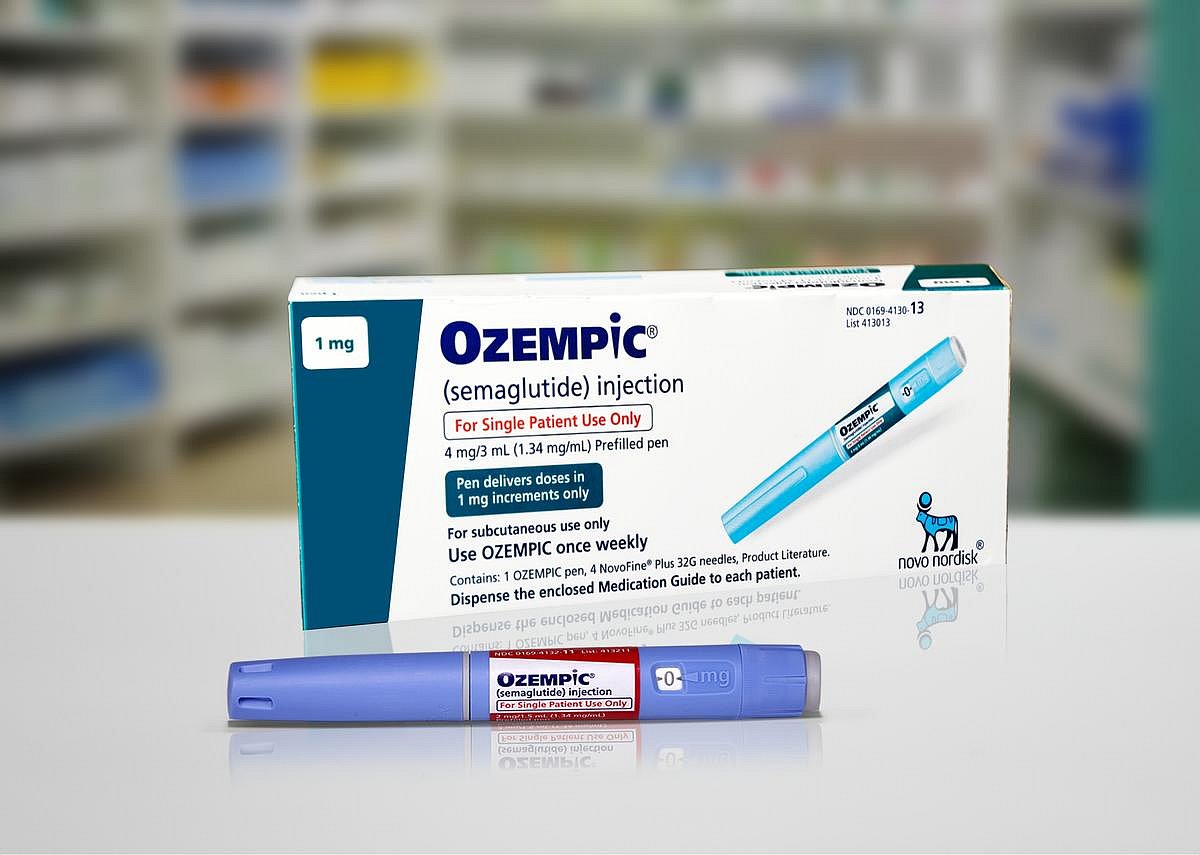Get Healthy!

- Posted September 25, 2024
Could Ozempic Help Prevent Opioid Overdoses?
In a finding that suggests Ozempic and Wegovy have powers that extend beyond weight loss, a new study finds the medications might also lower people’s risk of opioid overdose.
People with type 2 diabetes prescribed semaglutide (Ozempic, Wegovy) had a significantly lower risk of an opioid OD than patients taking any of eight other diabetic medications, researchers found.
The results show “semaglutide as a possible new treatment for combating this terrible [opioid] epidemic,” said lead researcher Rong Xu, a biomedical informatics professor at Case Western Reserve University in Cleveland.
For the study, researchers analyzed six years of medical data for nearly 33,000 patients with opioid use disorder who also had type 2 diabetes.
The data found that those prescribed semaglutide were less likely to suffer from an opioid overdose.
The new study was published Sept. 25 in the journal JAMA Network Open.
If this effect is confirmed in clinical trials, semaglutide could provide a new means of protecting people suffering from opioid addiction, Xu said in a university news release.
About 107,500 people died from drug ODs in 2023 in the United States, mainly from opioids, researchers said in background notes. About 72% of drug ODs involve opioids.
Only about a quarter of people with opioid addiction are taking effective medicines to prevent overdoses, and half discontinue treatment within six months, researchers said.
“Not everyone receives or responds to them,” Xu said. “As a result, alternative medications to help people treat opioid use disorder and prevent overdosing are crucial.”
Dr. Sandeep Kapoor is vice president of emergency medicine addiction services at Northwell and is based in New Hyde Park, N.Y. He wasn't involved in the new study. However, he called its findings preliminary but "extremely promising."
According to Kapoor, it makes sense that medications such as Ozempic curb opioid overuse, because the drugs target the brain's dopamine reward system to help folks lose weight.
That's "the same system that's activated when we drink, when there's utilization of drugs," he explained.
Kapoor said it's encouraging "to see a study come out where a medication that has been widely used over the last few years to help folks with type 2 diabetes, as well as with obesity, potentially play a role in decreasing opioid overdoses. It's actually a very exhilarating and innovative approach that we should investigate further."
Still, he noted that semaglutide has not yet been approved by the U.S. Food and Drug Administration to help treat opioid use disorder.
Nevertheless, the study "does legitimize the need to find better treatment alternatives for individuals that are either dealing with an opioid use disorder or at risk of an opioid use disorder," he added.
More information
The U.S. Centers for Disease Control and Prevention has more on treatment of opioid use disorder.
SOURCE: Sandeep Kapoor, MD, vice president, emergency medicine addiction services, Northwell, New Hyde Park, N.Y.; Case Western Reserve University, news release, Sept. 25, 2024
